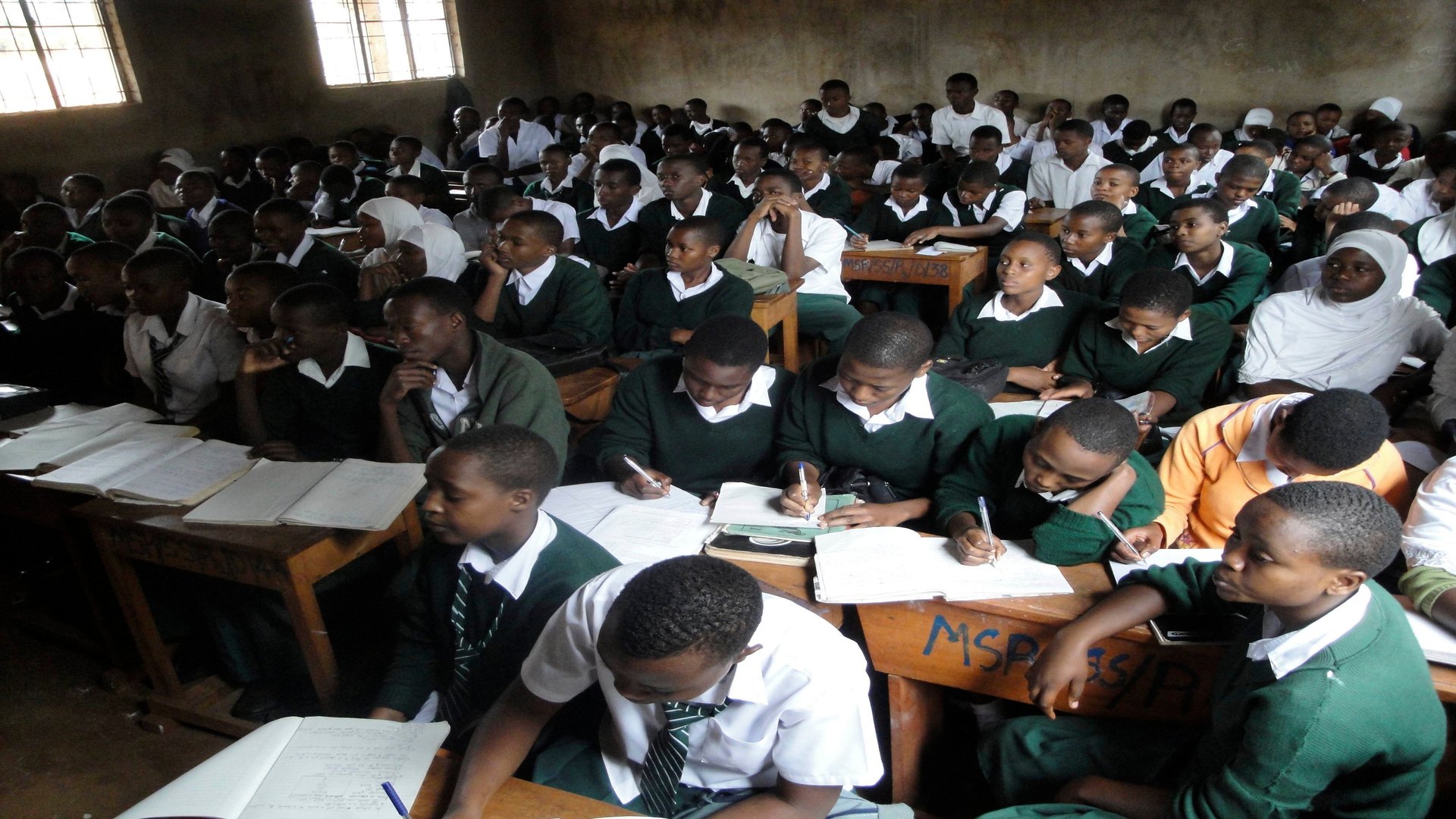Tanzania dumps English as its official language in schools, opts for Kiswahili
Tanzania is set to become the first sub-Saharan African country to use an African language as the medium of instruction throughout the schooling years.


Tanzania is set to become the first sub-Saharan African country to use an African language as the medium of instruction throughout the schooling years.
As part of far-reaching plans to reform education, President Jakaya Kikwete’s administration announced last week that, going forward, education in Tanzania will have Kiswahili as the sole language of instruction.
Currently, public education in Tanzania is bilingual, as it has been since the country’s independence from the British in 1961. At primary level, students are taught in Kiswahili, with English a part of the curriculum as a language subject. At secondary school level, and all the way up to university, the learning process is reversed, with English becoming the medium of instruction.
As someone who is a product of this education, I am pleased that Kikwete is bringing some clarity to a system that has for generations left students confused and not necessarily proficient in either language.
But is it smart policy?
Kiswahili, commonly called Swahili in the west, has been the foundation through which Tanzania has built its sense of national cohesion. The country boasts over 130 ethnic groups , all with their own languages and cultural traditions. Yet for a region that has struggled with ethnic conflicts (see Rwanda and Kenya), we have escaped such problems largely due to the unifying force of Kiswahili. The nature of Kiswahili itself, a language constituted out of Arabic, Bantu, English and German, reflects our diversity and our history. It has given us a sense of collective identity and the means through which we feel connected to our fellow countrymen.
But over the last thirty years, Tanzania has gone through some profound changes. From the post-independence hey days of the 60s and 70s, where the country and its young leader “Mwalimu” (teacher) Julius Nyerere were revered for being at the frontline of the anti-colonial fights, the country has endured its share of struggles. The socialist experiment of our founding father Mwalimu Nyerere failed. We were forced to endure painful economic reforms in the 1980s. And now, we are evolving into a free-market economy that has brought growth but struggles to bridge the inequality gap. Along the way, we seem to have lost our confidence and a sense of who we are.
Perhaps this bold assertion of cultural self-affirmation could act as a clarifying force on what it means to be Tanzanian once again.
But on the other hand, as one local newspaper put it, “in a globalised [sic] economy where English dominates almost everything—from trade to politics—it is not clear which way Tanzania wants to go in the next five decades” with this decision.
The policy is the opposite of the trend in the region, for example. Some African countries are adopting English-medium education, seeing it as an important conduit to engaging global investors. Rwanda, a former Belgian colony, “downgraded” French and adopted English as its official language in education in 2008. Gabon, another Francophone state, followed suit in 2012.
In Tanzania, foreign investors have complained about the lack of capacity in the labor force, with English language skills being a major area of concern. The decision to turn English into a foreign language could exacerbate this problem.
“In terms of barriers to entry, language has always been cited as an issue,” says Ahmed Salim, Senior Associate at Teneo Intelligence, a political risk consultancy that works with U.S investors with interests in the region. “However, in terms of overall impact, the main challenge will be felt long-term when companies set up shop in Tanzania and are left with hiring staff that are either bilingual Tanzanians or from neighboring Kenya or Uganda. This will somewhat hinder Tanzania’s competitive advantage in the future.”
The question then is: can we be economically competitive on our own terms? Some point to China and Japan as examples of countries who have managed to do it. May be we can too? Only time will tell.